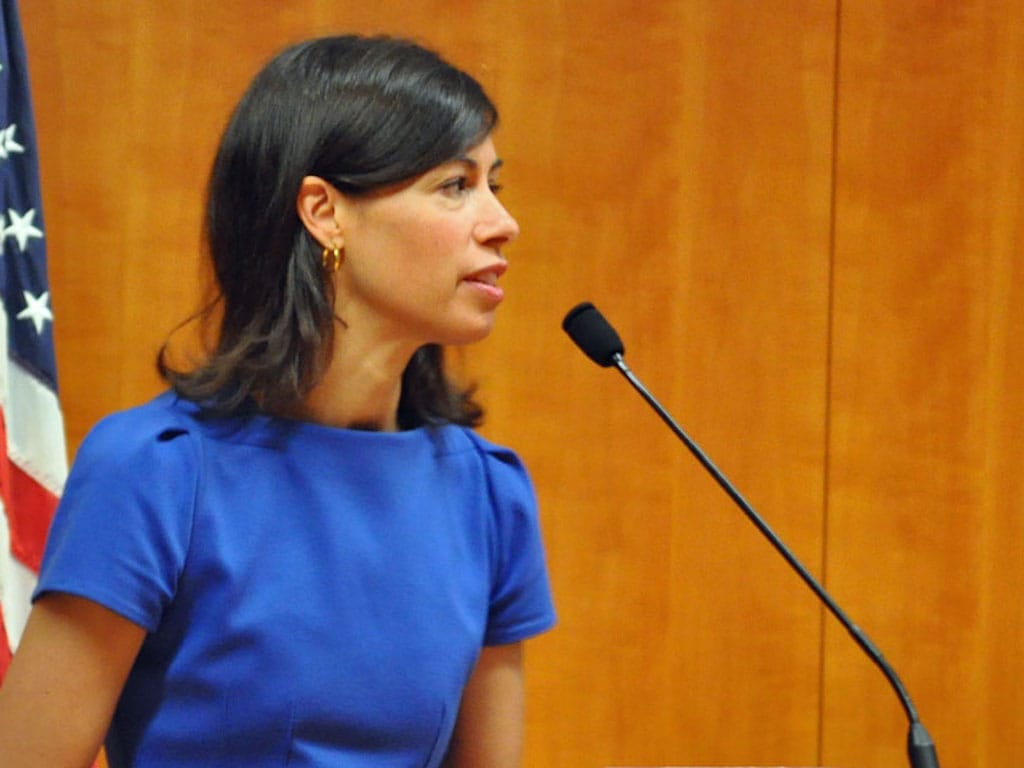FCC Urged to Guide Consumers on Map Challenge, Emergency Connectivity Fund Round, OneWeb LEO Service on Planes
‘It is unclear how consumers can actively participate in this facet of the challenge process.’
Sudha Reynolds

October 19, 2022 – In a letter dated Tuesday, a coalition of public interest groups is asking the Federal Communications Commission to offer guidance on how consumers can challenge the agency’s broadband availability data.
“It is unclear how consumers can actively participate in this facet of the challenge process, so Commission guidance would be useful,” the letter from the Broadband Connect America said.
The FCC is currently fielding challenges to its mapping fabric, a location-based dataset that shows areas that have and lack connectivity and will serve as the basis for a map the agency expects to release this fall.
“The speeds a company purports to offer are irrelevant. If a consumer is not actually getting those speeds, let alone the higher speeds needed for modern connectivity, they will remain on the wrong side of the digital divide,” the letter said, adding internet service providers say broadband speeds are impacted by Wi-Fi routers, “hence the actual speeds consumers experience is beyond their control.”
The BCA is made up of Public Knowledge, Access Humboldt, Akaku Maui Community Media, Axiom, Benton Foundation, Brian Whitacre, California Center For Rural Policy, Center for Rural Strategies, Citizens Connectivity Committee, Full Color Future, Institute for Local Self-Reliance, National Consumer Law Center, National Digital Inclusion Alliance, National Hispanic Media Coalition, Next Century Cities, Rural Community Alliance- Arkansas, Tribal Digital Village Network, and X-Lab.
FCC commits $78 million from Emergency Connectivity Fund
The FCC said Wednesday it is committing nearly $78 million from the Emergency Connectivity Fund, which goes to providing students continued connectivity outside of school.
The latest funding round is supporting the first and third round applicants, benefitting 190 schools, 30 libraries and one consortium that will impact 175,000 students across the country, including in Delaware, Florida, Indiana, North Carolina, New Mexico and Texas.
The FCC has allocated nearly all of the $7.1-billion program, as it so-far has committed close to $6.1 billion to schools and libraries across the country.
OneWeb partners to get LEO broadband on planes
Panasonic Avionics, a seller of satellite broadband to aircraft, said Tuesday it has reached a deal to sell OneWeb’s low earth orbit connectivity services to commercial airlines around the world.
“This coverage and performance will improve the in-flight surfing and streaming experience for passengers and will open the door to new, low-latency airline passenger experiences. Examples include live gameplay, video conferencing, and VoIP communication,” a press release said.
The companies said this deal would enable coverage with download speeds approaching 200 Megabits per second, including implementing services into current in-flight entertainment servcies.
Panasonic currently delivers satellite-connected broadband services to more than 70 airlines.









Member discussion